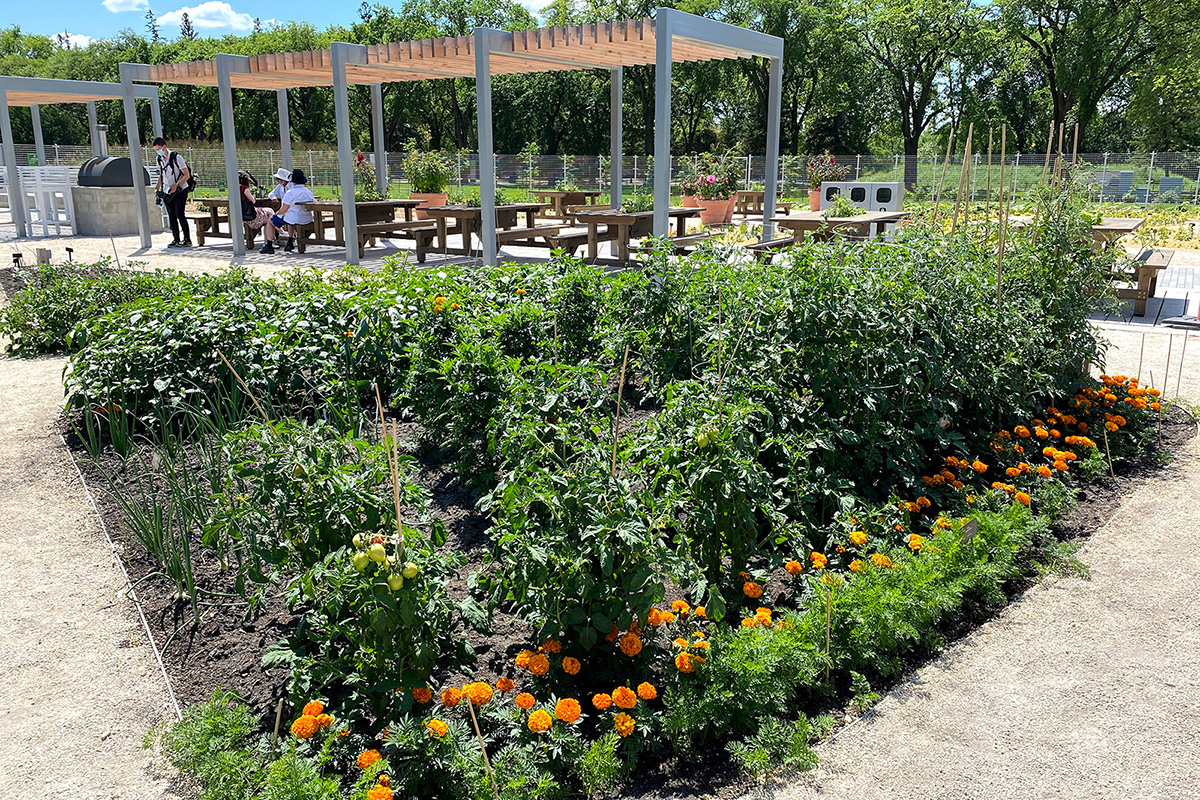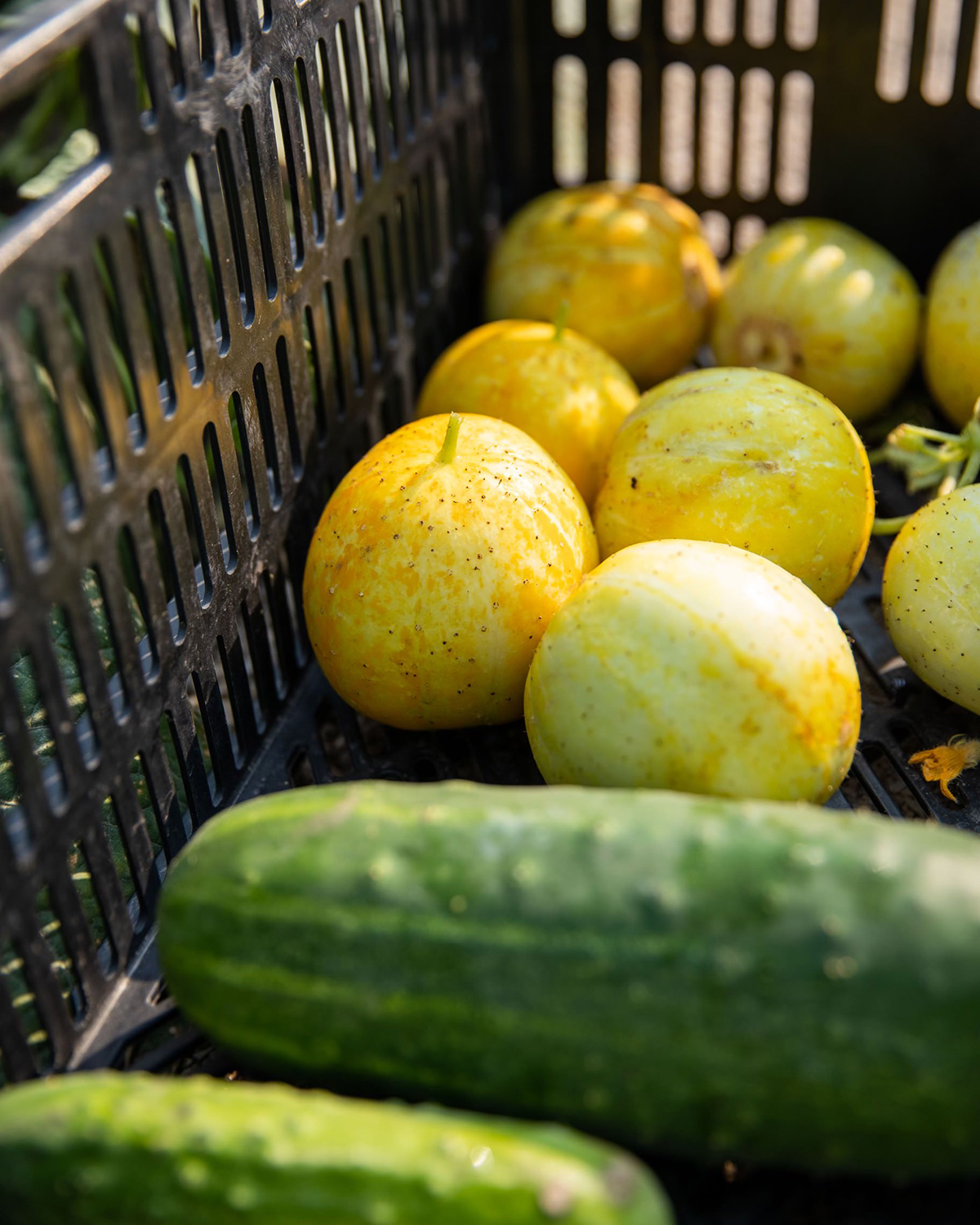Do you know where your food comes from?
The truth is a lot of us don’t. The typical family farm or backyard garden has now been replaced with global grocery store corporations. For most of us, our mornings routines do not consist of taking a trip to the hen house for eggs or milling our own grain to bake bread.
The food supply chain has become much longer in the past 100 years, creating an insufficient and unsustainable system.
Globalization, how connected our world is, and urbanization, the movement away from rural living, has changed the way we relate to, interact with, and think about the food we eat.
Modern agriculture practices and the distance we transport food, make these supply chains more fragile. Covid-19 has been an example of this, as we have seen global supply chains disrupted.
When food supply chains are shortened, they become more sustainable. The benefits of shorter food supply chains extend from improving personal health, boosting the local economy, and reducing the negative impact on the environment.
Here are a few things you can do to shorten your food supply chain this summer:
Grow Your Own Food
This is the shortest you can make the food supply chain – the distance from your garden to your kitchen!
Not all of us have access to yard gardens, so be creative and make use of the space you have. Try container gardening, pot plants on your balcony, grow plants vertically, use fences to grown squashes and melons, or replace some of your lawn with a veggie garden. The opportunities are endless. Stop by our Kitchen Garden this summer for some inspiration.

Get inspired this summer at the Kitchen Garden at the Gardens at The Leaf!
Seed swaps are a great way to find rare plant varieties for your garden while encouraging biodiversity. Look around online or check out some Manitoba Facebook groups to participate in the seed swaps that happen in February. Seed Libraries are a free Winnipeg Public Library program to encourage gardening and local food production. Here you can pick up seeds in the spring and deposit seeds in the fall.
Community gardens are a great alternative if you do not have access to land for a garden. Visit the City of Winnipeg website to learn more about local community gardens.
If you are not sure how to get started, the Winnipeg Public Library has a gardening webpage with many recourses from free guidebooks to harvesting tips!


Community Supported Agriculture
If your garden won’t provide all the veggies you need, or maybe you want to spend your summer on the beach not the garden – no judgment– this is where CSAs or Community Supported Agriculture comes in.
These are local, small-scale farmers from which you can purchase “shares” at the start of the growing season. In return, you receive a variety of fresh produce each week. Being a member of CSA connects you to your food as you know the people and land that help produce it.
Make sure to sign up early (March/April) so the farmers can begin planning their crops, order seed, and get plants started in advance of the season.
Check out CSA Manitoba to learn more and see a list of farms near you.
Farmers Markets
Markets are another great way to connect with local farmers and support small scale agriculture. Here you can buy seasonal produce, making you conscious of when the fruit and vegetables are naturally ready for harvest. Asparagus in late spring, fresh corn in the summer, and pumpkin in the fall - YUM.
Sometimes you can find local meat, eggs, and dairy producers, at the market as well. Check out Direct Farm Manitoba to view a directory of farms and markets near you!





